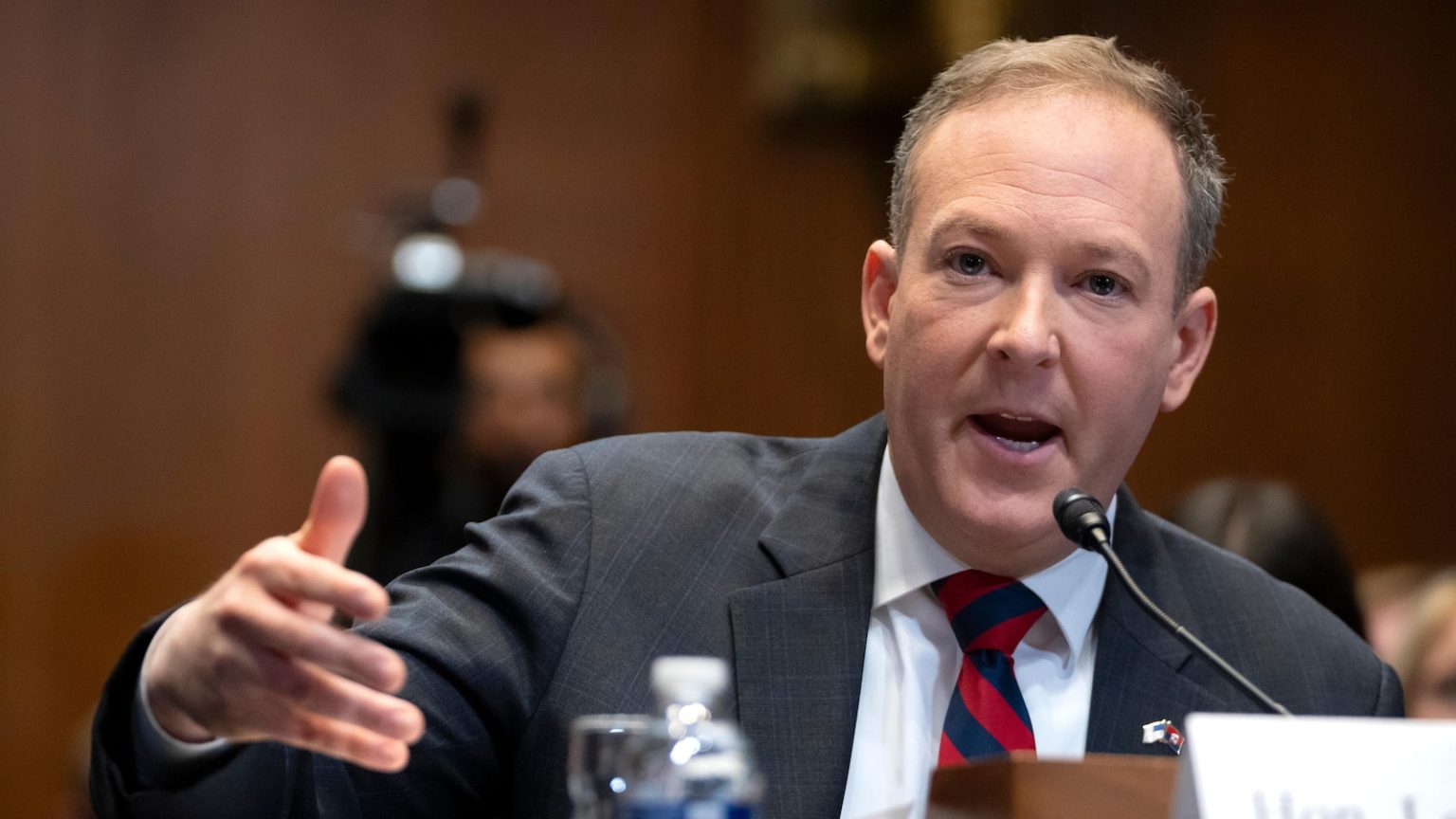A Major Reversal: The EPA’s Decision to Rescind Climate Grants
In a significant shift in environmental policy, the new head of the Environmental Protection Agency (EPA), Administrator Lee Zeldin, has announced plans to revoke $20 billion in grants awarded by the Biden administration for climate and clean-energy projects. These grants were part of a high-profile initiative known as the Greenhouse Gas Reduction Fund, or more commonly referred to as the "green bank." Established under the 2022 Inflation Reduction Act, the program aimed to fund tens of thousands of projects focused on combating climate change and promoting environmental justice. The decision marks a sharp departure from the Biden administration’s efforts to prioritize clean energy and equity, setting the stage for a heated political and legal battle.
The Political Battle Over the Green Bank
The green bank was a cornerstone of President Joe Biden’s climate agenda, approved without Republican support as part of the Inflation Reduction Act. The program included two major initiatives: a $14 billion fund and a $6 billion fund, both designed to provide competitive grants to nonprofits, community development banks, and other organizations. These grants were intended to support projects in disadvantaged communities, aligning with the Biden administration’s emphasis on environmental justice. Administrator Zeldin, however, has framed his decision to rescind the funds as a move to combat waste and abuse, echoing Republican criticism of the program as a "slush fund."
Republican lawmakers have long expressed skepticism about the green bank, raising concerns about accountability and transparency in how the funds would be distributed. In 2023, the Republican-controlled House of Representatives even passed a bill to repeal the program, though it was blocked by the Democratic Senate. Zeldin’s announcement appears to align with this broader Republican strategy to dismantle key aspects of Biden’s climate policies. In a video posted on X (formerly Twitter), Zeldin vowed "zero tolerance of any waste and abuse" under his leadership of the EPA, accusing the Biden administration of irresponsibly spending taxpayer dollars on far-left activist groups.
Critics Denounce the Move as a Political Stunt
The decision to revoke the green bank funds has been met with fierce opposition from clean energy advocates and Democratic lawmakers. Lena Moffitt, executive director of Evergreen Action, an environmental group that supports the green bank, called the move a "blatant violation of the Constitution" and accused Zeldin of attempting to slash programs that benefit American families to fund tax cuts for billionaires. Advocates argue that the funds were legally appropriated by Congress and that Zeldin’s actions are an overreach of executive authority. They have pledged to challenge the decision in court, setting up a potential legal showdown over the future of the program.
Zeldin’s announcement also drew criticism for its reliance on a video from Project Veritas, a right-wing organization known for its undercover sting operations targeting Democratic officials and progressive organizations. The video in question featured Brent Efron, a former EPA staffer, criticizing the Biden administration’s spending habits. Efron has since left the EPA, and critics argue that Zeldin’s use of this video as justification for his decision is evidence of a politically motivated agenda rather than a genuine concern for fiscal responsibility.
The Impact on Communities and Clean Energy Projects
The green bank was more than just a symbolic gesture; it represented a significant investment in clean energy infrastructure and environmental justice. The funds were already awarded to eight nonprofits, including the Coalition for Green Capital, Climate United Fund, and the Justice Climate Fund, which have partnered with organizations like Rewiring America, Habitat for Humanity, and the Community Preservation Corporation. These groups were poised to use the grants to support a wide range of projects, from solar installations in low-income neighborhoods to clean energy initiatives in marginalized communities.
By revoking these grants, the EPA under Zeldin’s leadership risks halting progress on these projects and leaving vulnerable communities without critical resources to address climate change. Advocates argue that this decision will disproportionately harm the very populations the program was designed to help, undermining the Biden administration’s efforts to ensure that the transition to a clean energy economy is equitable and inclusive.
The Broader Implications of This Decision
The battle over the green bank is more than just a fight over funding; it reflects a deeper ideological divide over the role of government in addressing climate change. The Biden administration saw the green bank as a vital tool for driving innovation and addressing environmental inequities, while Republican critics view it as an example of government overreach and wasteful spending. As the legal and political battle unfolds, the outcome will have far-reaching implications for the future of climate policy in the United States.
For now, the decision to revoke the grants has left clean energy advocates and community organizations reeling, scrambling to determine next steps and how to challenge the EPA’s actions. Whether Zeldin’s efforts will succeed in courts or be thwarted by legal challenges remains to be seen. One thing is clear, however: this reversal marks a significant step backward in the fight against climate change and highlights the ongoing challenges of advancing progressive environmental policies in a deeply polarized political landscape.















